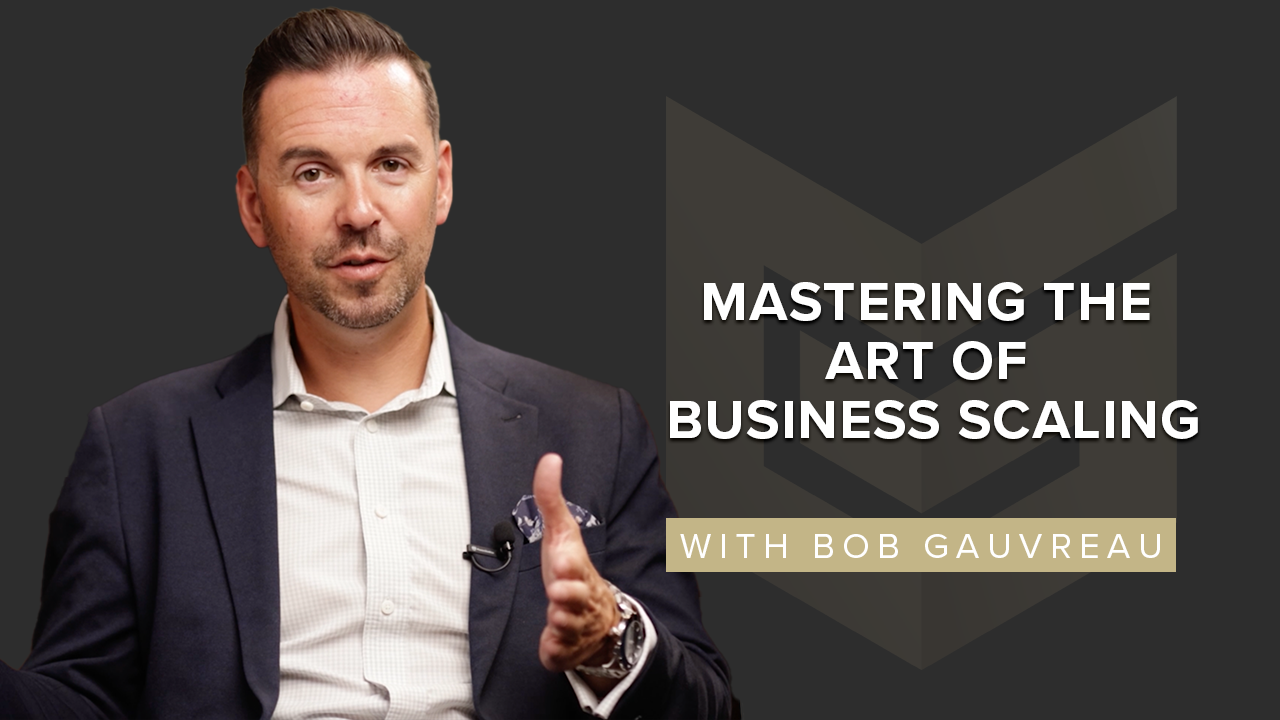When it comes to the challenges small businesses face, few areas are as critical as effective inventory management. Whether you're a retailer, manufacturer, or operate in any inventory-based industry, understanding the risks and rewards associated with inventory is essential. In this blog post, we'll delve into the complexities of inventory management and how it can shape the future of your small business.
Inventory Risks: A Balancing Act
Managing inventory comes with inherent risks, particularly when it comes to financial resources and your business's overall health. Let's explore these risks in detail.
1. Financial Risk: The very essence of inventory management involves the outflow of cash. In most cases, you must pay for inventory upfront, tying up a significant portion of your working capital. This can put your business in a vulnerable position as you invest more and more cash into your inventory. Ensuring that you don't exhaust your cash reserves solely on inventory is essential.
2. Overstocking or Obsolescence: Having too much inventory on hand can lead to multiple issues. Items may become obsolete, causing a financial loss. Additionally, overstocked inventory may become difficult to sell due to sheer volume. This can tie up your financial resources and limit your business's agility.
3. Shortages and Customer Disappointment: On the flip side, having too little inventory can result in shortages. You may struggle to meet customer demand, leading to dissatisfaction and lost sales opportunities. An inadequate inventory can also limit your business's growth potential.
Case in Point: The Auto Industry Transformation
The recent upheaval in the auto industry during the COVID-19 pandemic provides a fascinating case study of inventory management transformation. A shortage of vehicles due to manufacturing disruptions prompted a shift in the business model. Dealerships began pre-ordering vehicles, reducing the need for extensive inventory on their lots. The result? They sold fewer vehicles but at higher profit margins, creating a more efficient and profitable operation.
Small Business Strategies for Inventory Management
As a small business owner, it's crucial to consider how inventory management can work for you.
Avoid redundant inventory while creating demand for products that are not readily available. Striking the right balance is the key to success.
Effective inventory management involves three critical components:
1. Managing Inventory Volume: Find the sweet spot where you have enough inventory to meet customer demand without overstocking and causing financial strain.
2. Balancing Cash Investment: Carefully monitor your cash outflow related to inventory. Avoid putting all your financial resources into inventory, as it can jeopardize your business's financial health.
3. Create Demand: Implement strategies that create excitement and demand for your products. You want customers to be eager to purchase from you, and this often means offering products that are not overly abundant.
Getting inventory management right can propel your business to new heights, ensuring efficient operations and financial stability. Conversely, getting it wrong can lead to financial strain and lost opportunities.
Are you seeking expert guidance on effective inventory management for your small business? We're here to help. Contact us today to explore tailored solutions that can transform your inventory management, enhancing your business's efficiency and profitability. Don't let inventory challenges hold you back; let's work together to achieve your small business's full potential.
 Gauvreau Accounting Tax Law Advisory
Nov 30, 2023
Gauvreau Accounting Tax Law Advisory
Nov 30, 2023


